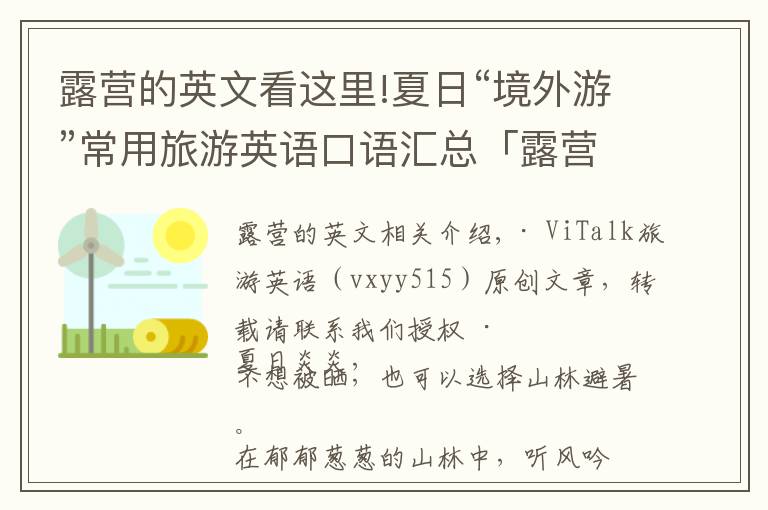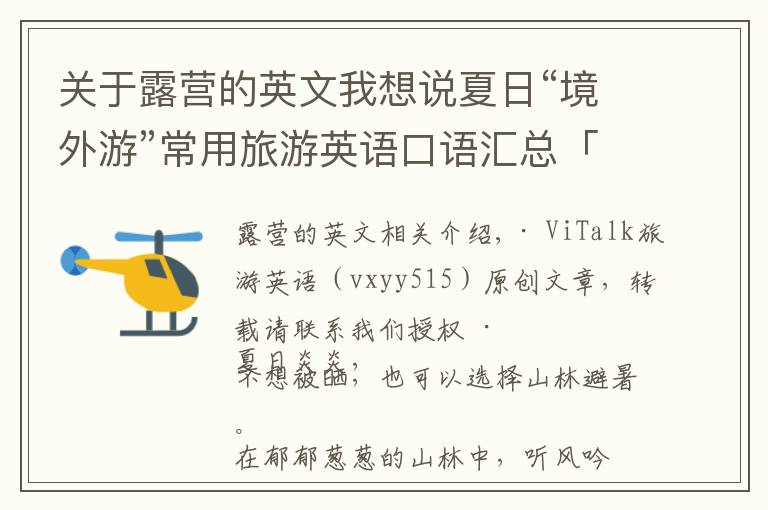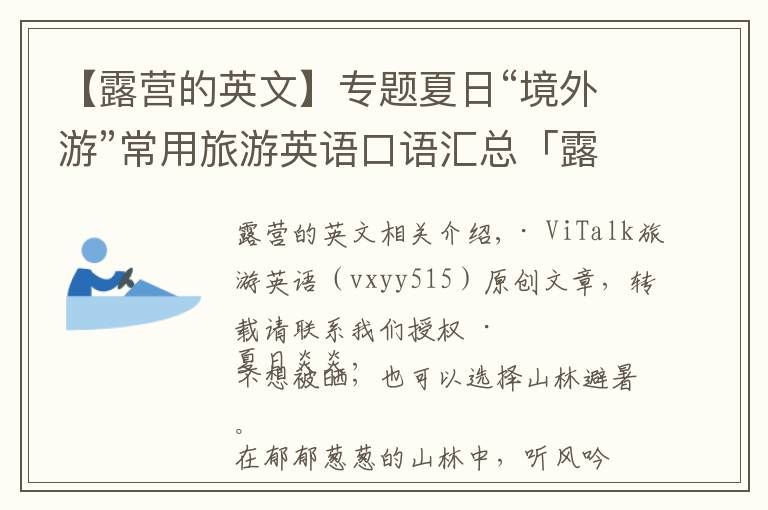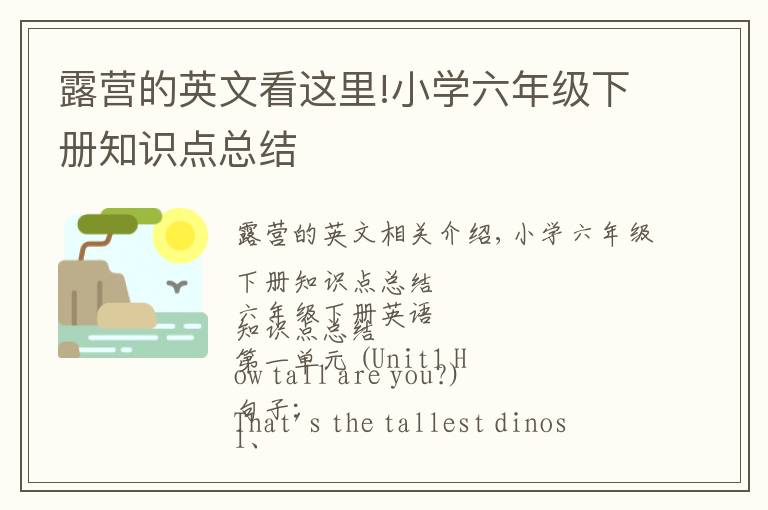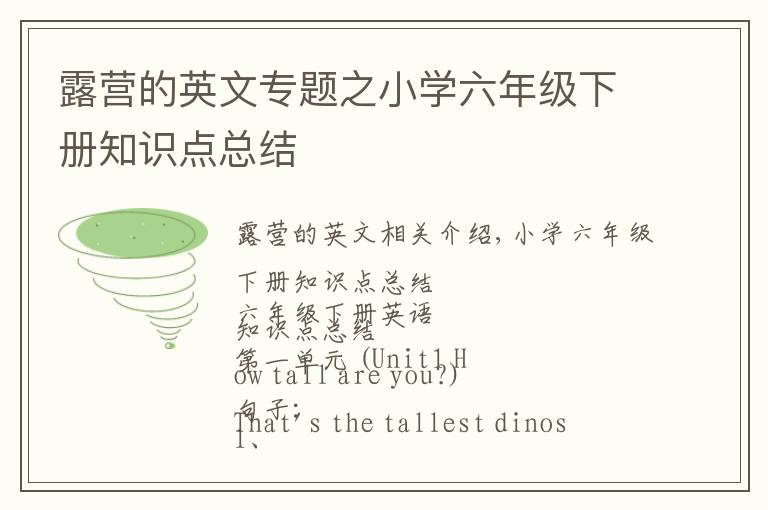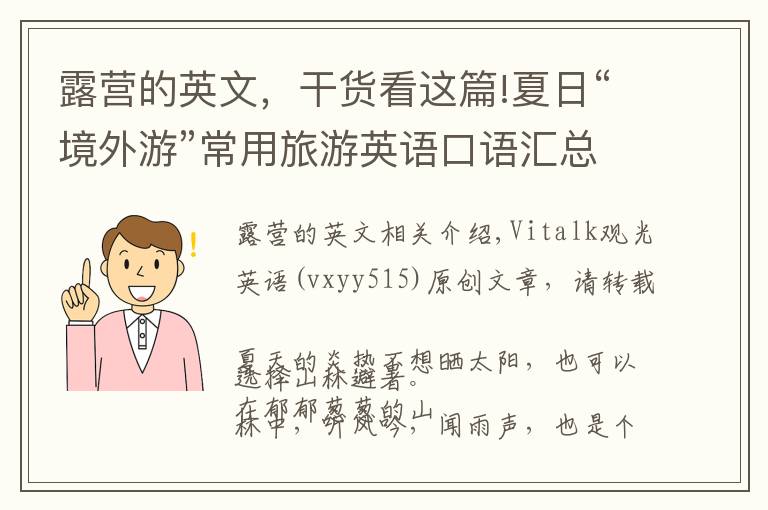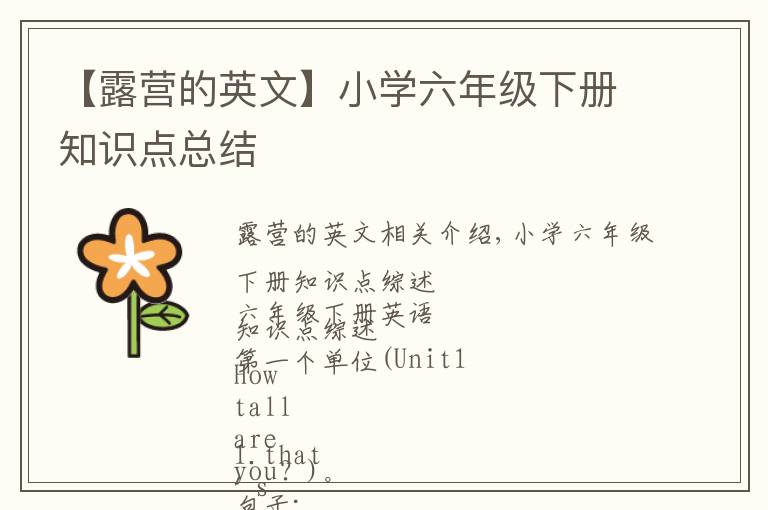Unit9 Have you ever been to a museum?
【重点单词】
amusement [ˌəˈmju:zmənt] n. 娱乐,消遣,游戏
amusement park 游乐场
somewhere [ˈsʌmweə] adv. 某处,在某处
camera [ˈkæmərə] n. 照相机
invention [ɪnˈvenʃn] n. 发明,创造
invent [inˈvent] v. 发明,创造
unbelievable [ˌʌnbɪˈli:vəbl] adj. 难以置信的,不真实的
progress [ˈprəʊɡres] n. 进步,进展
rapid [ˈræpɪd] adj. 迅速的,快速的
unusual [ˌʌnˈju:ʒuəl] adj. 特别的,不寻常的
toilet [ˈtɔɪlət] n. 坐便器,厕所
encourage [inˈkʌridʒ] v. 鼓励,激励
social [ˈsəuʃəl] adj. 社会的
peaceful [ˈpi:sful] adj. 和平的,平静的
tea art 茶艺
performance [pəˈfɔ:məns] n. 表演,演出
perfect [ˈpɜ:fɪkt] adj. 完美的,理想的,完全的
tea set 茶具
itself [itˈself] pron. 它自己,它本身
collect [kəˈlekt] v. 收集
a couple of 一对,两个,几个
German [ˈdʒɜ:mən] n. & adj. 德语,德国人(的)
theme [θi:m] n. 题目,主题,作文
ride [raɪd] n. & v. 骑,乘;(短途)旅程
province ['prɒvɪns] n. 省,省份
thousand [ˈθaʊznd] num. 一千
thousands of 数以千计的,许许多多的
safe [seif] adj. 安全的,保险的
simply [ˈsimpli] adv. 仅仅,只,不过
fear [fiə] n. & v. 恐惧,害怕
whether [ˈweðə(r)] conj.不管…还是,或者…或者,是否
Indian [ˈɪndjən] adj. 印度的,印度人的
Japanese [ˌdʒæpəˈni:z] n. & adj. 日本人,日语;日本的
fox [fɒks] n. 狐狸
all year around 全年
equator [iˈkweitə] n. 赤道
whenever [wenˈevə] conj. 无论何时
spring [spriŋ] n. 春天
mostly [ˈməustli] adv. 大多数地,主要地,通常
location [ləʊˈkeɪʃn] n. 地点,位置
【重点短语】
1. at night 在晚上
2.in a more natural environment 在一个更加自然的环境中
3. all year round 一年到头,终年
4.be far from 离......远
5.in the dark 在黑暗中
6. in the past 在过去
7.have been to sp 去过某地
8.science museum科学博物馆
9.history museum 历史博物馆
10.amusement park 游乐园
11.go somewhere different 去不同的地方
12.go skating 去滑冰
13.take the subway 坐地铁
14.a great way to spend a Saturday afternoon 一个过周六下午的好办法
15.all the old movie camera 所有的古老的电影摄影机
16. learn about sth 了解有关.....的情况
17. on the weekend 在周末
18.camp in the mountains 在大山里露营
19.put up a tent 搭帐篷
20.in such a rapid way 以如此速猛的方式
21.different kinas of 各种各样的
22.development of toilets 厕所的发展
23.social groups 社会团体
24.the tea art performances 茶艺表演
25. make a perfect cup of tea with beautiful tea sets.用漂亮的茶具沏一杯完美的茶
26. a nice place to enjoy tea 一个品茶的好地方
27.Thousands of 数以千计的
28.international Museum of Toilets 国际厕所博物馆
29.the Terracotta Army 兵马俑
30.southeast Asia 东南亚
31.night Safari 夜间动物园
32.three quarters 四分之三
33. an English-speaking country 一个讲英语的国家
34.have a problem doing sth 做某事很困难
35.during the daytime 在白天
36. a couple of times 好几次
37.right now 现在,目前
38. an amusement park with a special theme 一个有特别的主题的游乐园
39. Walk around the park 在公园里到处走
40. hear of 听说
41. take a ride 兜风
42. another province 另一个省
43. the Bird’s Nest 鸟巢
44. encourage sb to do sth 鼓励某人做某事
45. on the one hand....on the other hand 一方面,另一方面
【重点句型】
1. Have you ever been to a science museum? 你曾经去过科学博物馆吗?
2.Let's go somewhere different today. 让我们今天去不同的地方吧。
3. It's unbelievable that technology has progressed in such a rapid way. 科技以如此速猛的方式发展真是令人难以置信啊!
4. Whether you like Indian food, Western food or Japanese food, you,ll find it all in Singapore! 不管你喜欢印度食品,西方食品还是日本食品,在新加坡你都能找到!
5.One great thing about Singapore is that the temperature is almost the same all year round. 新加坡一个很大的特征是它的气温几乎一年到头都是一样的。
6. It is best to visit Singapore. 最好游览新加坡。
9单元语法讲解:
现在完成时
1.现在完成时态表示过去发生的动作对现在造成的影响或结果。本时态标志词:
already (“已经”,用于肯定句中,放在have /has之后或句尾);
yet (“仍然”“还”,用于疑问句或否定句的句尾)
just(“刚刚”,放在have /has之后);
before(“以前”,放在句尾);
ever(“曾经”,放在have /has之后)
never (“从没有”,在have /has之后)
例句:
1.Our teacher has just left.
2.We have studied English already.
3.I have not finished the homework yet.
4.He has never been to Beijing before.
2.某个动作从过去已经开始,一直持续到现在,还有可能持续到将来.动作的持续性要通过一段时间来表示一段时间的表达方法有两种:
①for: +一段时间
for a year
for two weeks
for three years
②Since +过去的某一时刻
since nine / since last week
③ Since +一般过去时态的时间状语从句
since you came /since you got home.
注意:结束性动词不能和表示一段时间的时间状语连用,但是它们可以转换成相应的延续性动词.
1.直接用延续性动词
buy– have
catch(get) a cold –have a cold
borrow—keep
become—be
put on-- wear
2.转换成be+名词
join the army – be a soldier;
join the Party –be a Party member;
go to school– be a student
3.转换成 be + 形容词或副词
die—be dead;finish – be over;begin—be on;leave—be away ; fall sleep – be asleep close – be closed come to/ go to/arrive at(in)+某地—be in(at) +某地
4.转换成 be+介词短语
go to school– be in school ;
get up_ be up;
现在完成时态常见标志词:
1. already(已经), just(刚刚), never(从未/从没有), ever(曾经), yet(仍然/还), before(以前(句尾时)
2. since+点时刻或从句; for+段时间; how long(疑问句中用来提问since/for短语的)
3. so far;till now;by now(到目前为止;迄今)
4. recently近来
in the past/last+段时间 (在过去的几年中 )
5. once(一次),twice, three(four…) times
6. It is the+最高级+n.+ (that) ever done
例:What’s the best gift you have ever received? 你曾收到的最好礼物是什么?
现在完成时句型举例:
1. Have you ever been to an amusement park? 你曾经去过游乐园吗?
Yes, I have./ No, I haven’t.
2. I have never been there.
Me neither=Neither have I. 我也没有.
3. Where is he? He has gone to the Beijing.
I have never been there.
4. How long has he been in Beijing? (不能用come/arrive)
5. I’ve never been to an aquarium. 我从没去过水族馆.
6. I have been a student here for a year. 我成为这的学生有一年了. (不能用become)
=I became a student here a year ago.
7. He has been dead for two years.(不能用die)=he died two years ago.
8. I have been a teacher since ten years ago(for ten years.) (不能用become)
9. I have just/ever/already/never seen the movie. Have you ever heard of the man before?
1.《【露营的英文】人教版丨八年级下册英语9单元知识点总结》援引自互联网,旨在传递更多网络信息知识,仅代表作者本人观点,与本网站无关,侵删请联系页脚下方联系方式。
2.《【露营的英文】人教版丨八年级下册英语9单元知识点总结》仅供读者参考,本网站未对该内容进行证实,对其原创性、真实性、完整性、及时性不作任何保证。
3.文章转载时请保留本站内容来源地址,https://www.lu-xu.com/tiyu/2201105.html

